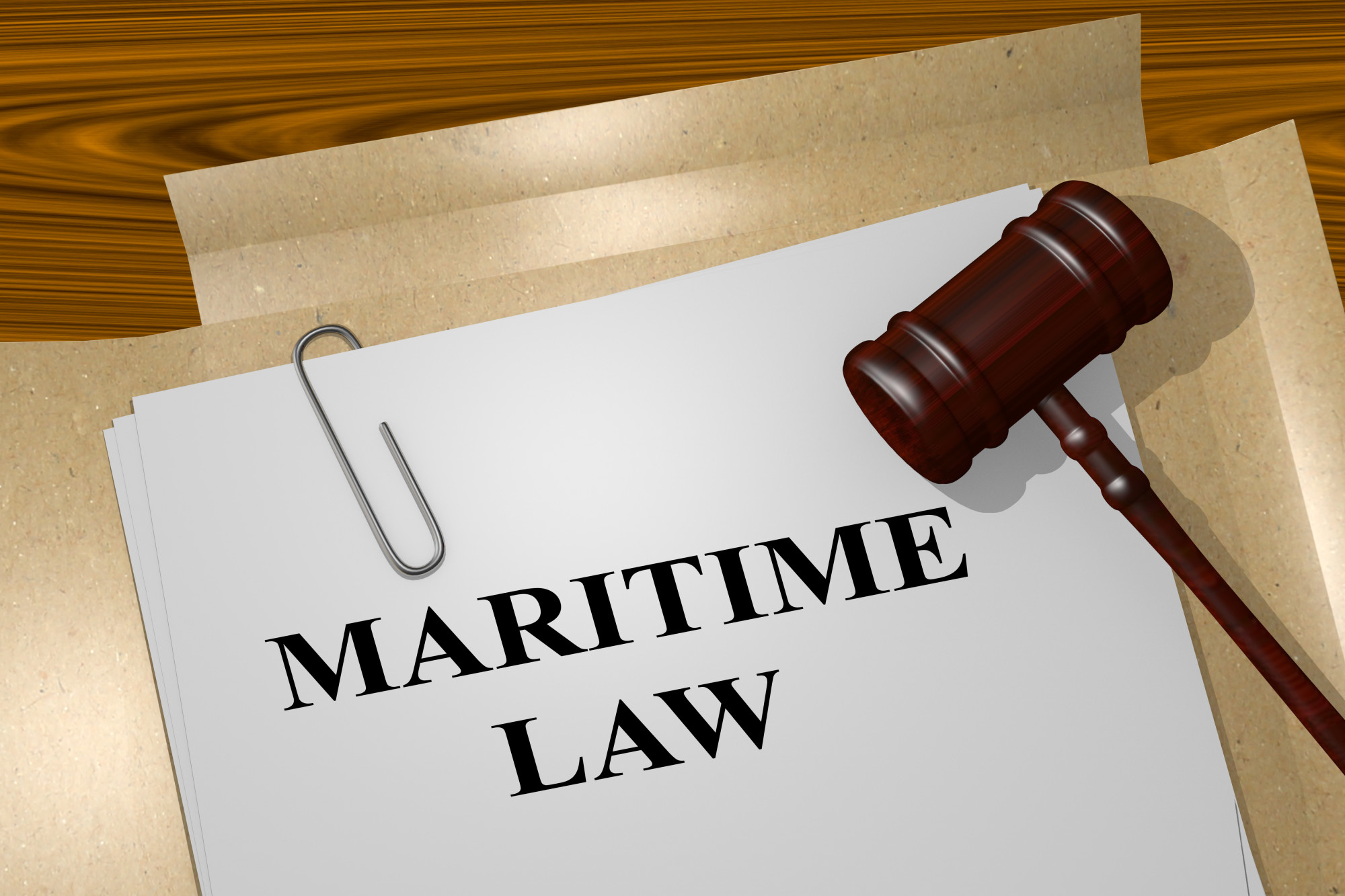Locked Up: A Guide to Your Rights When Arrested

While you may never have committed a crime in your life, and never intend to, you never know when it could come in handy to know your rights.
A person accused of committing a crime in the United States is subject to a number of rights enshrined in the U.S. Constitution.
While an experienced attorney may know what these rights are, most people only know the basics.
Make sure you’re prepared for when life throws you an unexpected curveball and know your rights when arrested…
Understanding Your Rights When Arrested
Granted, not everyone knows the ins and outs of the U.S. Constitution off the top of their head.
Unless you’re a high profile attorney, this may not be all that important to you on a day-to-day basis.
But what should be important is understanding your basic rights as U.S. citizen, especially with regards to criminal activity and being arrested.
We get it- you don’t plan on ever breaking the law or being arrested. But believe it or not, even the most well-to-do people can end up in ”hot water” from time to time.
With this in mind, it’s time to brush up on your rights. Here’s what to do you when you get arrested:
1. You Have the Right to Remain Silent
If you’ve heard it once, you’ve probably heard this line over a thousand times, read aloud in movies, television series and even in reality.
So what does it mean? It’s important to understand that it’s your right to remain silent if you choose to until an attorney is present.
In this case, you cannot be forced to speak or divulge any further information to the police or any other attorney that’s not assigned to your case.
This right is important for self-preservation. It limits the self-incriminating evidence you give which can be used against you during trial proceedings.
2. You Must Be Informed of Your Miranda Rights
Once you have been arrested and cuffed by police officers, you must be read what is known as your Miranda Rights.
This entails a police officer informing you that ”anything you do say may be used against you in a court of law”.
If you have been told you have the ”right to remain silent” without being informed of the consequences of speaking, this is a violation against your rights.
3. You Have the Right to an Attorney
Another one of your most basic rights upon being arrested is the presence of an attorney during your questioning with the police. You also have the right an attorney and their counsel during any trial proceedings.
Depending on the severity of the crime, you also have the right to a bail hearing and a set bail amount. Learn more about jail bonds here.
4. You Should Not Be Questioned Without an Attorney
If you have chosen to remain silent after your arrest, you have one exception of speech, and that is to request an attorney.
Until an attorney has arrived, police are completely prohibited from questioning or interrogating you.
This means you have the right to an attorney and their presence during your first round and any subsequent rounds of questioning by the police.
5. You Will Not be Forced to Pay For an Attorney’s Services
Yes, attorney fees are expensive and quite often for good reason. However, this doesn’t mean you will be forced to pay for a specific attorney’s services.
It is your right to have access to a state-appointed attorney, according to your county or state guidelines.
If this is the case, your case will be assigned a public defender and you will not be required to pay a single cent.
6. Questioning Can Be Halted Until an Attorney is Present
If you originally declined the services of an attorney, but change your mind at a later stage, all questioning by the police must be halted.
It is your right to institute this pause in questioning until an attorney arrives to assist you through the process.
7. You Deserve Humane Treatment
It’s a daily reality that police brutality and unfair treatment occur throughout the United States. However, this doesn’t make it right.
As a criminal suspect, no matter the crime, you are entitled to humane treatment throughout the entire process- from arrest to trial and sentencing.
Instances of inhumane treatment include police beatings, physical or sexual violations, being deprived of water or food and more.
8. You Have the Right to be Held Fairly
Once you have been arrested the government is limited by a certain period of time in which they must bring a charge against you.
This means that you cannot be held in a holding cell for an extended period of time, without being charged with a particular crime.
In some states, the maximum holding time is 48-hours, while in other states this time limit varies. If you are held for longer than the legal timeframe without being charged, this is a violation of your rights.
9. You Should Not be Treated as Guilty Before Convicted
One of the major cornerstones of the U.S. justice system and the constitution itself is that all citizens are ”innocent until proven guilty”.
You should therefore not be treated as a guilty criminal before any official charges and sentencing have been brought against you.
If you are treated unfairly or punished awaiting your trial, this is a direct violation of your rights.
10. You Have the Right to a Speedy Trial
Finally, you have the right to what is known as a ”speedy trial” – in other words, the government has no right to drag out court proceedings.
If the government is found to purposefully delay trial proceedings in order to disrupt your lifestyle or keep you in holding, this is a violation.
Find Your Daily Dose of Interesting Stuff
Whether you’re looking for more information on your rights when arrested or articles on science, nature, people or places, Lateet offers it all.
Get your daily dose of all things interesting with our chock-a-block website full of useful articles, tips, and advice.



